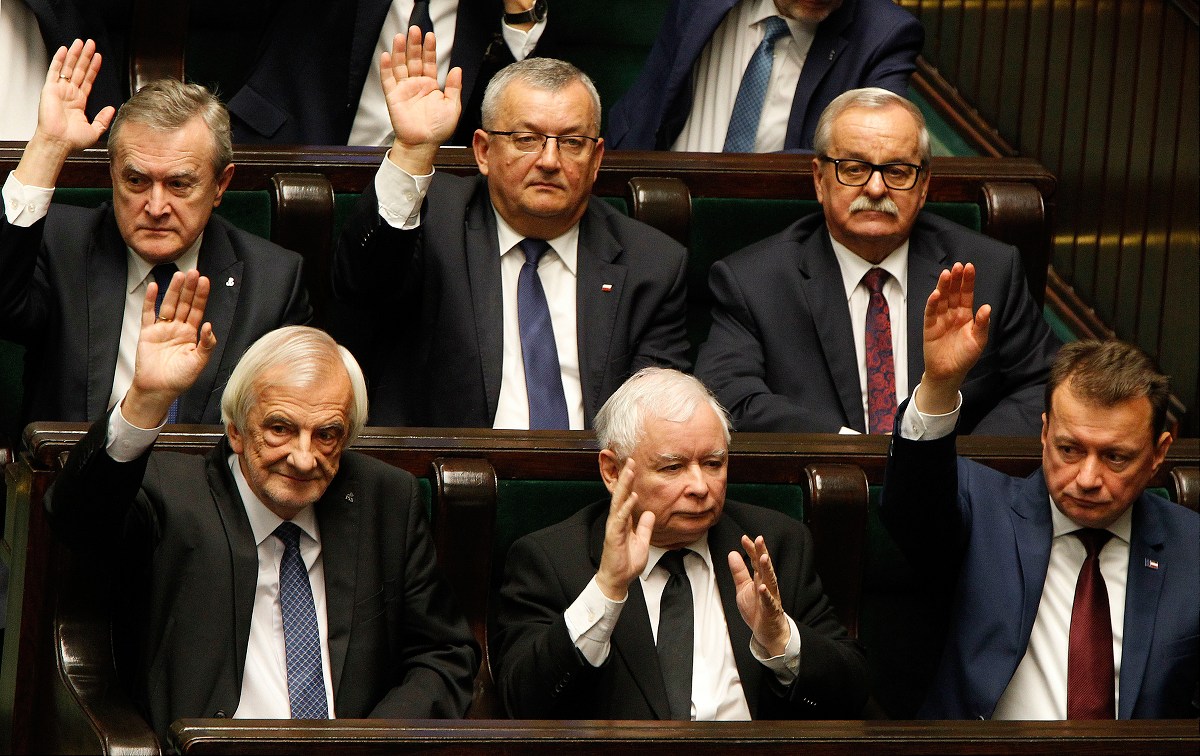The four-year term of parliament ends in the fall of 2023, as does the five year term of the municipal, county, and regional levels of Polish local government, and the state electoral commission responsible for overseeing both elections has warned that it would be very difficult to hold the two elections together.
It has pointed to both organizational problems as well as the difficulty in ensuring the transparency of campaign financing.
“The need to postpone the local government elections is rather obvious,” said deputy speaker of Parliament and head of the ruling party’s parliamentary caucus, Ryszard Terlecki, interviewed by Polish public radio. “The institutions that are responsible for the elections understand the situation best,” he added.
Terlecki explained that “it makes no sense to just separate the two elections by a couple of weeks because we have to allow candidates to campaign so that democracy can take its course.”
It is impossible to delay the parliamentary elections, as the term of office is set by the constitution. The term of office of local governments is set by legislation, and the constitution does not specify a length for this.
According to Terlecki, it would be sensible to hold the local government election in the spring of 2024, around six months after the parliamentary elections. However, he acknowledged that to hold the local government elections in the spring of 2024 would mean that they would be held close to the date of the European elections, which is likely to be set for late May 2024.
The head of the PiS parliamentary caucus criticized the opposition for being against delaying the local elections. He called them a “desperate opposition” that questions everything. However, opposition parties remain critical of the delay, arguing that it has been known for years that the local and parliamentary elections would clash and that it was PiS legislation that made the clash inevitable when a law was passed to make local governments serve five rather than, as previously, four years in office. They also allege that the ruling party has historically been less successful in local elections than in parliamentary and presidential elections, and therefore it wants to push these back in the electoral calendar to concentrate on elections that it finds easier to handle and win.
A much bigger battle looms over rumors that the ruling party is planning to change the electoral system for the parliamentary elections. It is reported to be considering introducing legislation that would increase the number of constituencies so that there would be fewer MPs elected in each. This is controversial since it would effectively raise the electoral threshold for the parties in these constituencies and encourage the formation of two large blocks.
Polish President Andrzej Duda refused to sign off on legislation that was to introduce a similar system for the European elections because he felt that it would make elections less representative. The opposition parties therefore hope that the president will be consistent and veto any proposal to radically alter the electoral system for the 2023 parliamentary elections.





